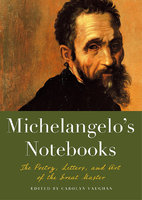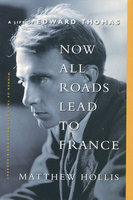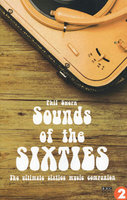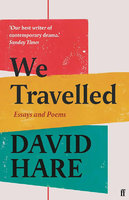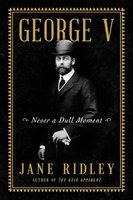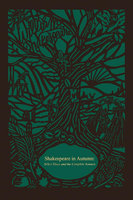New, Quality Books - 50-90% off, over 2500 titles
Your basket is empty.
Categories Literature & Classics ENGLISH LITERATURE IN THE SIXTEENTH CENTURY
ENGLISH LITERATURE IN THE SIXTEENTH CENTURY
Book number: 94357
Product format: Hardback
In stock
Bibliophile price
£15.00
Published price
£30
Customers who bought this product also bought
|
MICHELANGELO'S NOTEBOOKS
Book number: 94410
Product format: Paperback
Bibliophile price
£6.50
Published price
£15.99
|
NOW ALL ROADS LEAD TO FRANCE
Book number: 93585
Product format: Hardback
Bibliophile price
£4.00
Published price
£25
|
SOUNDS OF THE SIXTIES
Book number: 93774
Product format: Paperback
Bibliophile price
£5.50
Published price
£12.99
|
|
WE TRAVELLED: Essays and Poems
Book number: 93973
Product format: Hardback
Bibliophile price
£6.00
Published price
£14.99
|
GEORGE V: Never A Dull Moment
Book number: 93923
Product format: Hardback
Bibliophile price
£14.00
Published price
£35
|
SHAKESPEARE IN AUTUMN: Select Plays and the Complete Sonnets
Book number: 94676
Product format: Hardback
Bibliophile price
£8.00
Published price
$34.99
|
Browse this category: Literature & Classics

